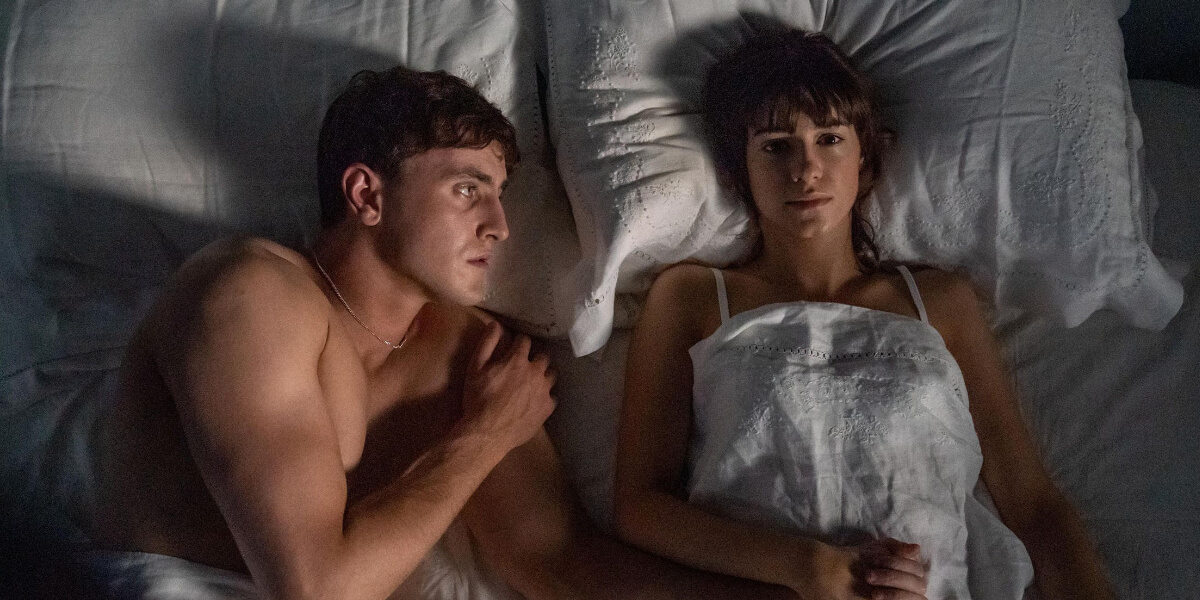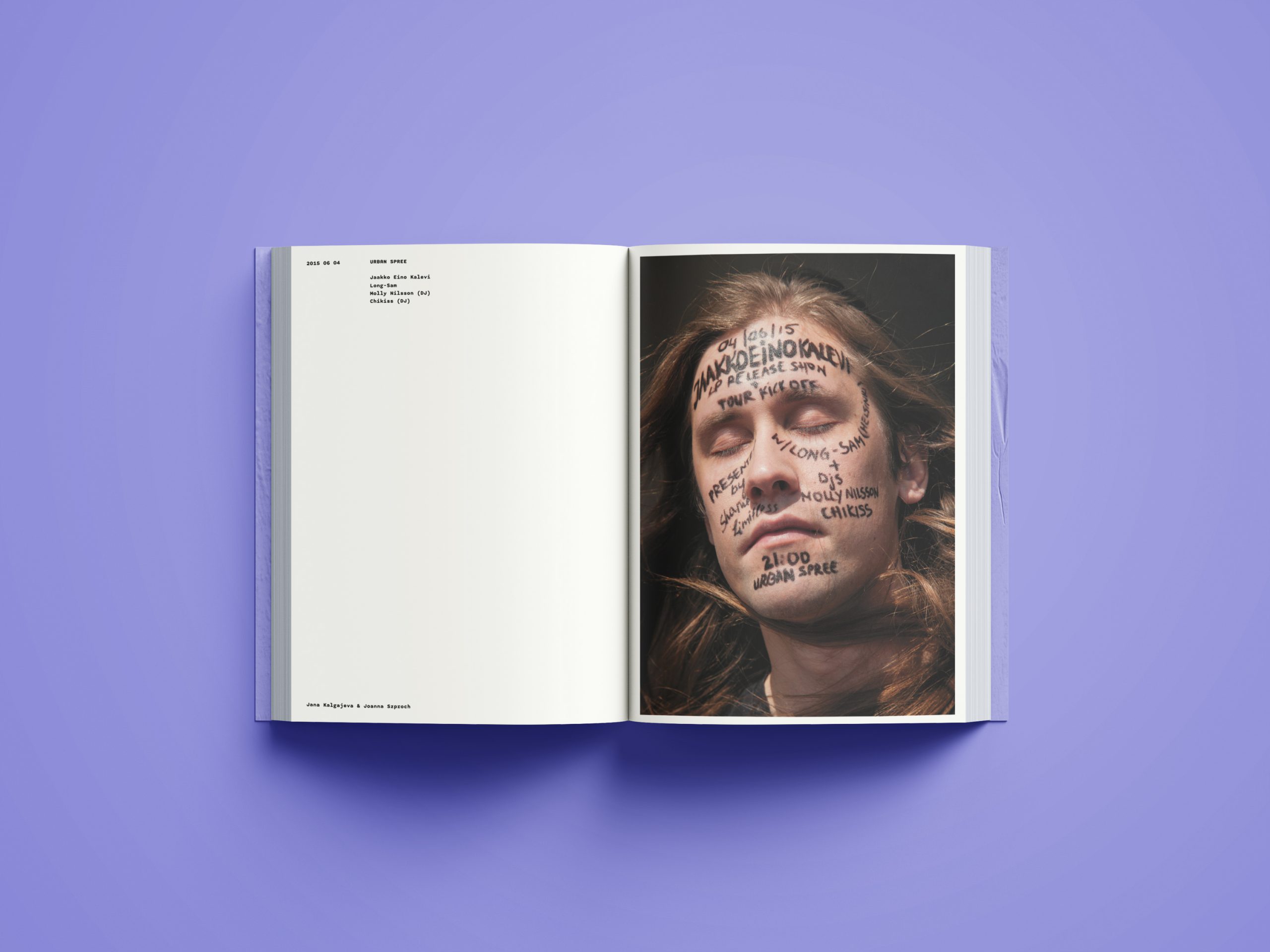Romcoms can be just as damaging as porn. Yes, you read that right. I first heard this from a sex coach on a panel talk I moderated. The talk was about sexual liberation, so of course, the topic of pornography came up. But when she said that romantic films can be just as misleading as porn on how we view sex and female pleasure, I was stunned. They’re also not an accurate depiction of real intimacy, but how can The Notebook and Titanic be on the same level as an entire industry built to exploit women’s bodies? But then I started to reflect on the sex scenes in romcoms we grew up with, and how they shape expectations and perceptions, and realized there are more parallels than I expected.
First of all, the film industry is notoriously male-dominated. Male directors, screenplay writers, and cinematographers. So, it’s no surprise that most intimate scenes are framed through the male perspective, with women cast as the object of desire.
But, in contrast to most porn films, romantic films’ target audience is women. They center around love and romance, and the female character finding her perfect match. So then, why the hell do they get female desire and pleasure so wrong? The storyline of women revolving their entire existence around relationships with men (hello, Bechdel Test) is a tired and dated one. You’d think that they would at least make the spicy scenes more enticing to women…
Hollywood sex tends to follow a very predictable formula. A couple, most likely a heterosexual man and woman, passionately kiss, rip each other’s clothes off and within seconds: penetration. The woman moans loudly and then they simultaneously climax. Done. No foreplay, no clitoral stimulation, no condoms, no lube. The camera usually lingers on the woman’s exposed body, while the man’s erogenous zones conveniently remain covered.
Like porn, romcom sex is scripted, penetration-focused, and treats women as objects of desire rather than subjects of pleasure. Although Romcoms are aimed at younger women with coming-of-age and first relationship experience narratives, they portray first sexual experiences unrealistically. Rose petals, candles, perfect lighting. No awkwardness, no mess, no performance anxiety. Everything happens smoothly with the right soundtrack. Think The Notebook, Endless Love, Titanic, or more recent shows like The Summer I Turned Pretty. And the clitoris? Nowhere to be found.
When these are the only scripts we see, women end up believing their bodies are broken when they do not orgasm from penetration alone. When in fact, this is normal and most women require clitoral stimulation to climax. This misinformation, which is propelled by on-screen depictions, is partly responsible for why we have an orgasm gap.
The scary fact that so many films fail to show female pleasure authentically and more than just a heterosexual male fantasy says everything about our culture off-screen. Both porn and romcoms ultimately present a patriarchal version of sex, one that neglects the female body’s needs.
This is why Frances Rayner came up with the idea of the Clit Test. It’s like the Bechdel Test for sex scenes. To pass the test, the film must acknowledge the existence of the clitoris.
Thankfully, there are more and more films and TV shows that are rewriting these scripts. Here are some films and shows I’ve recently watched that pass the Clit Test and depict female pleasure in a more representative way.
Babygirl (2024)
Firstly, the casting and costume department deserves some extra appreciation. Thank you for bringing us Harris Dickinson and the dangling chain.
Truthfully, this film was so refreshing. Honest, vulnerable, and full of yearning. Seeing a strong, older female character (Nicole Kidman) exploring and re-learning her sexuality and desires feels healing. The film reminds one of what can happen in a relationship when the curiosity and spark die. Nicole Kidman’s character has been faking orgasms for her entire marriage and ends up being seduced by a daring, young male intern to rediscover her pleasure (enter Harris Dickinson and his dangling chain). The vulnerability of exploring and voicing one’s desires makes this film by Halina Reijn so strong.
Love Lies Bleeding (2024)
A queer feminist thriller, fantasy elements, and Kristen Stewart. Need I say more? This film perfectly proves that a sex scene can be steamy with no nudity at all. Real bodies, lots of talking (and dirty talking), and focus on female pleasure. It’s also generally a visually pleasing film.
Blue Valentine (2010)
Pre-emptive warning: don’t watch this while dating or in love because this one is a heartbreaker. Blue Valentine spotlights the slow, painful falling-out-of-love phase of a relationship, set against flashbacks of the couple’s falling-in-love phase. What makes the film iconic is its depiction of female pleasure on screen and receiving an NC-17 rating for it. This is higher than R-rated and means you have to be over 18 to watch it. In the scene, Michelle Williams’ character is fully clothed and orgasms from receiving oral sex. The camera focuses on her facial expressions, giving room to her pleasure – not the man’s or the viewer’s. No nudity, nothing. It just reflects how our culture is more comfortable showing women suffering than showing women receiving pleasure.
Too Much (2025)
Lena Dunham’s new show, like Girls before it, embraces the awkwardness, vulnerability, and honesty of sex with a new partner. There is talking and laughter, and trying to find a comfortable position. The main character knows the importance of peeing after sex and does the funny waddle to the bathroom. And performance anxiety also comes up – a rare one on screen! The guy loses his erection, and he actually communicates really well. Add in body diversity in our age of Ozempic and #skinnytok, and it feels radical in its simplicity.
Of course, there is still a lot of work to be done, but the general shift is happening. More films are showing sex in all its beautiful facets: awkward, messy, vulnerable, sensual, and deeply personal. And most importantly, we’re finally seeing authentic portrayals of female pleasure.




























